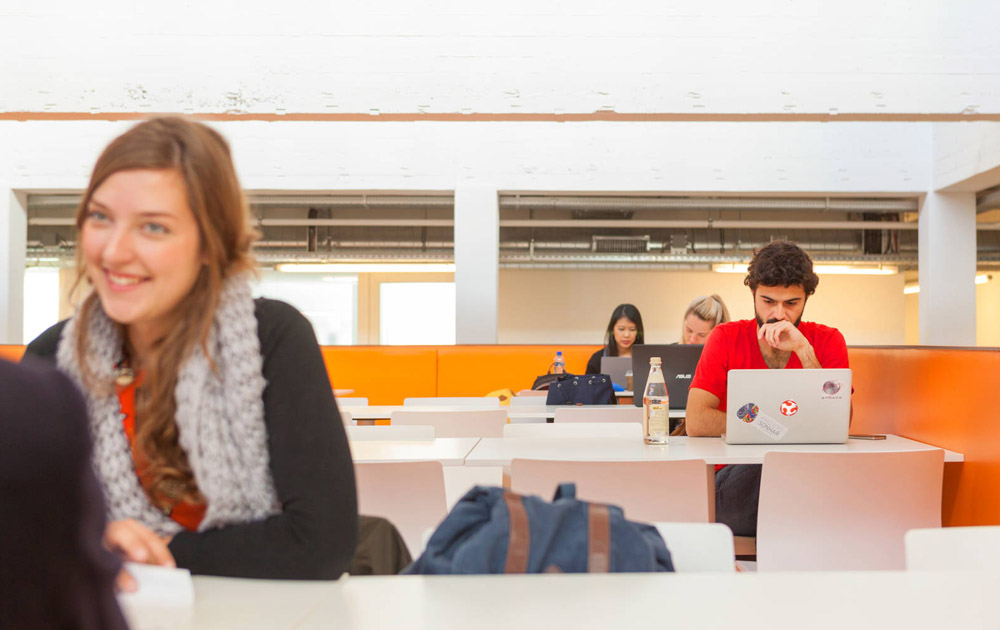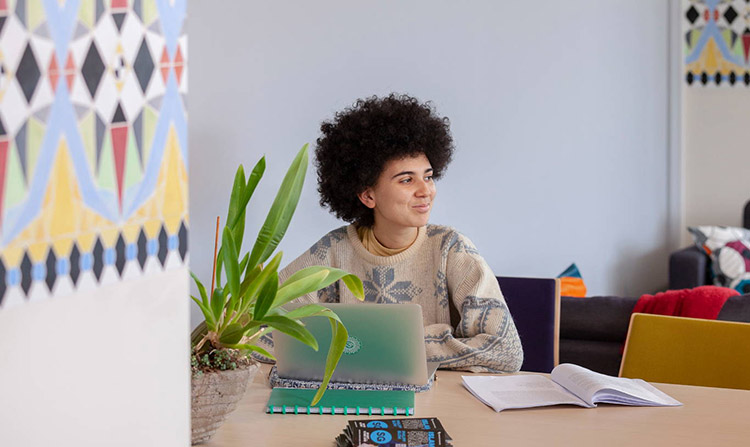Students
When UM literally closed its doors on 15 March, many dedicated lecturers worked hard on the transition to an online-education model that would not detract from our focus on Problem-Based Learning in small international groups. In fact, pass rates among both bachelor’s and master’s students even rose slightly during that period. Students were also provided with psychological, administrative, logistical and financial support.
The main measures for students (see also Education):
- A call centre was set up as the first point of contact for students with urgent questions (between March and May, it was open seven days a week).
- Students with symptoms were monitored.
- Students received assistance with repatriation to Maastricht or to their home country.
- A quarantine wing was installed in the UM Guest House.
- A health adviser was appointed for corona-related questions and questions about healthcare in the Netherlands.
- Emergency grants were provided through the Limburg University Fund/SWOL.
- Exchange students were provided with comprehensive information about the ERASMUS+ scheme in the event of force majeure and restrictions on student exchanges with non-EEA countries.
- A ‘leniency scheme’ was established to deal with corona-related study delays and claims for damages.
- Extra attention was paid to student wellbeing through the UM psychologists, Career Services, study advisers, InnBetween and the Disability Support Office.
- Corona-proof activities were organised together with UM SPORTS and student associations.
- Face masks were distributed to all staff and students.
Looking forward
The number of new student enrolments for this academic year increased for both the bachelor’s and master’s programmes. These figures will not be definitive until December, but at this stage there are 10% more Dutch and almost 15% more international student enrolments than last year.
As always, UM aims to offer the best possible study experience—but the health of our students comes first. The plan we have developed for the coming year is ‘On campus if possible, online if necessary’. After a very responsible but still exuberant INKOM week, in the coming semester we will focus once more on offline educational activities. You can find out more about studying safely in times of corona on the website.
Although we have been able to provide our students with a solid education, many students will have wished for things to have been different. After all, the study experience is about more than just earning credits—it is about acquiring life experience, too, and in this area in particular the opportunities for students have been limited.

